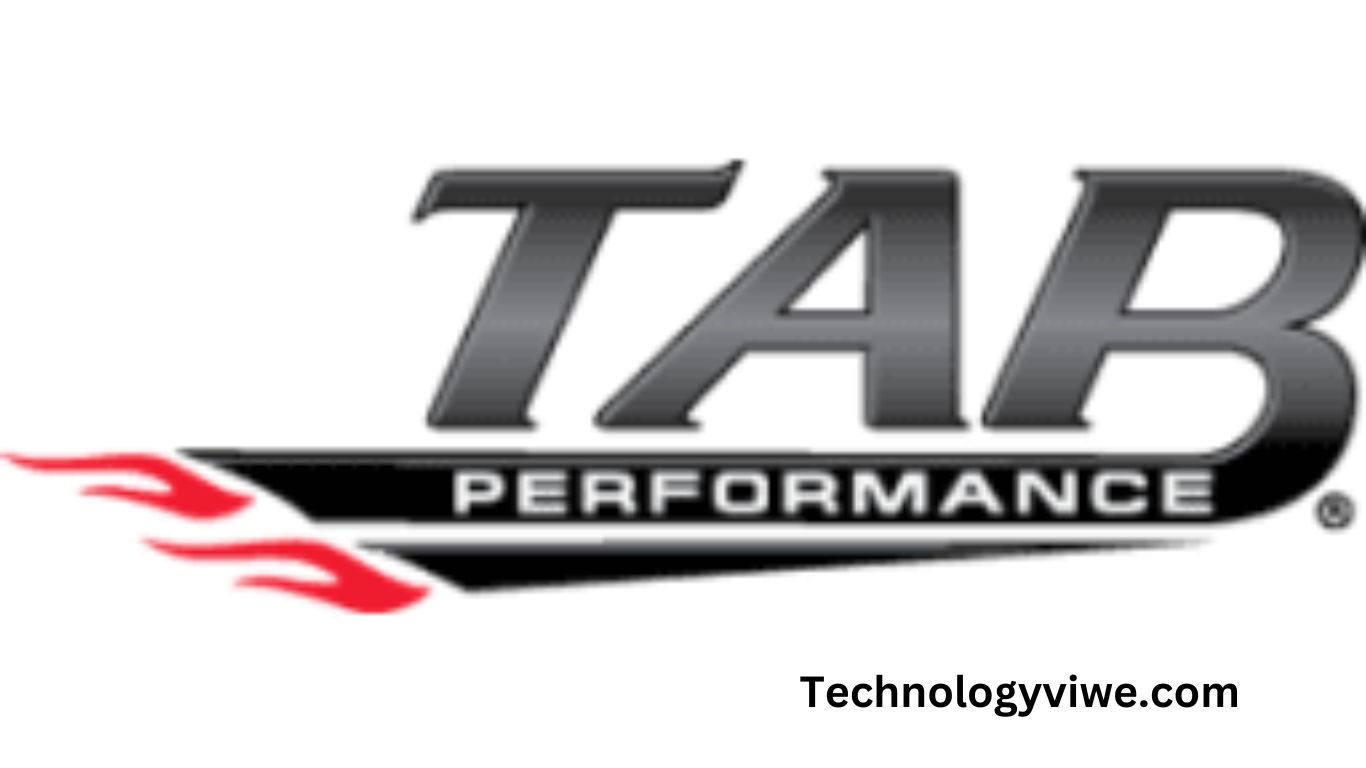Tab Performance: Maximizing Efficiency in Your Browsing Experience
Introduction
Have you ever found yourself drowning in a sea of open browser tabs? If so, you’re not alone. Tab performance is a crucial aspect of modern browsing that can significantly impact your productivity and overall experience. In this article, we’ll delve into the intricacies of tab performance, exploring what it is, why it matters, and how you can optimize it for a smoother, more efficient online journey.
Understanding Browser Tabs
The Evolution of Browser Tabs
Once upon a time, navigating the internet meant juggling multiple browser windows. The introduction of tabs revolutionized the way we browse, allowing users to open multiple web pages within a single window. This innovation not only streamlined the browsing experience but also paved the way for more advanced tab management features we use today.
How Modern Browsers Handle Tabs
Modern browsers are designed to handle multiple tabs efficiently, but the performance can vary based on several factors. Browsers like Google Chrome, Mozilla Firefox, Microsoft Edge, and Safari have developed unique ways to manage tabs, each with its own set of features and optimizations.
Factors Affecting Tab Performance
Number of Open Tabs
The more tabs you have open, the more resources your browser needs to allocate. This can lead to slower performance, especially on devices with limited RAM.
Browser Type and Version
Different browsers have different levels of efficiency when it comes to managing tabs. Additionally, newer versions of browsers typically include performance improvements and bug fixes that can enhance tab performance.
Hardware Specifications
Your device’s hardware plays a significant role in how well your browser handles multiple tabs. Factors like RAM, CPU speed, and available storage can all impact performance.
Internet Connection Speed
A slow internet connection can cause tabs to load more slowly, affecting your overall browsing experience. High-speed internet is particularly important when dealing with media-rich websites.
Impact of Poor Tab Performance
Slow Page Load Times
When your browser is struggling to manage too many tabs, you might notice that web pages take longer to load. This can be frustrating, especially if you’re trying to work quickly.
Increased Memory Usage
Each open tab consumes memory, and having too many tabs open can lead to excessive memory usage. This not only slows down your browser but can also affect the performance of other applications on your device.
Battery Drain on Mobile Devices
Mobile devices have limited battery life, and poor tab performance can cause your battery to drain more quickly. This is especially problematic if you’re working on the go.
Improving Tab Performance
Closing Unnecessary Tabs
One of the simplest ways to improve tab performance is to close tabs you no longer need. This frees up resources and helps your browser run more smoothly.
Using Tab Management Extensions
There are numerous extensions available that can help you manage your tabs more effectively. These tools can automatically close inactive tabs, group related tabs, and more.
Regularly Updating Browser
Keeping your browser up to date ensures you have the latest performance improvements and security patches. Make it a habit to check for updates regularly.
Browser-Specific Tips
Google Chrome
Utilizing Chrome Task Manager
Chrome’s built-in task manager lets you see which tabs and extensions are using the most resources. This can help you identify and close resource-hungry tabs.
Enabling Hardware Acceleration
Enabling hardware acceleration allows Chrome to offload certain tasks to your GPU, improving performance. You can enable this feature in Chrome’s settings.
Mozilla Firefox
Adjusting Performance Settings
Firefox offers performance settings that let you customize how it uses resources. Adjusting these settings can help improve tab performance.
Using Lightweight Themes
Heavy themes can slow down your browser. Switching to a lightweight theme can reduce the load on your system and improve performance.
Microsoft Edge
Sleeping Tabs Feature
Edge’s sleeping tabs feature automatically puts inactive tabs to sleep, freeing up resources for active tabs. This can significantly improve performance.
Managing Extensions
Too many extensions can slow down your browser. Regularly review and disable extensions you no longer need.
Safari
Limiting Tab Reloads
Safari can be configured to limit the number of times tabs reload in the background. This can help reduce resource usage and improve performance.
Using Reader Mode
Reader mode strips away unnecessary content, making pages load faster and reducing the load on your system.
Advanced Techniques
Using Tab Suspension Tools
Tab suspension tools can automatically put inactive tabs to sleep, freeing up resources. Extensions like The Great Suspender can be particularly useful.
Employing Content Blockers
Content blockers can prevent ads and other resource-heavy elements from loading, improving tab performance.
Monitoring Tab Performance
Built-in Browser Tools
Most modern browsers include tools that let you monitor resource usage. Use these tools to keep an eye on how your tabs are performing.
Third-Party Applications
There are also third-party applications available that can provide more detailed insights into your tab performance.
Best Practices for Heavy Tab Users
Organizing Tabs by Workflows
Organizing your tabs by workflow can help you stay focused and reduce the number of tabs you have open at any given time.
Regular Clean-Up Sessions
Make it a habit to regularly review and close tabs you no longer need. This can help keep your browser running smoothly.
Mobile Browsing Considerations
Differences Between Desktop and Mobile Tab Management
Managing tabs on a mobile device can be more challenging due to the smaller screen size and limited resources. Be mindful of these differences and adjust your tab management strategies accordingly.
Mobile-Specific Tips
Use mobile-specific features like tab groups and quick access menus to manage your tabs more efficiently.
The Future of Tab Management
Innovations in Browser Technology
Browser developers are constantly working on new features and improvements to make tab management easier and more efficient. Keep an eye out for these innovations.
Potential Improvements on the Horizon
Future improvements could include better integration of AI to manage tabs, more efficient resource usage, and new ways to organize and access tabs.
Conclusion
Tab performance is a crucial aspect of modern browsing that can significantly impact your productivity and overall experience. By understanding the factors that affect tab performance and implementing the tips and techniques outlined in this article, you can optimize your browsing experience and enjoy a smoother, more efficient online journey.
FAQs
- How many tabs are too many?
- It depends on your device’s hardware and your browser. Generally, if you notice a slowdown, it’s a good sign you have too many tabs open.
- Do browser extensions affect tab performance?
- Yes, some extensions can consume a lot of resources and slow down your browser. Regularly review and disable extensions you don’t need.
- Can using a VPN affect tab performance?
- Using a VPN can slow down your internet connection, which in turn can affect tab performance, especially for media-rich websites.
- Is there a way to automatically close inactive tabs?
- Yes, there are extensions available for most browsers that can automatically close or suspend inactive tabs to free up resources.
- What’s the best browser for managing many tabs?
- It depends on your specific needs and preferences. Chrome, Firefox, Edge, and Safari all have their own strengths and features for managing tabs effectively.













Post Comment